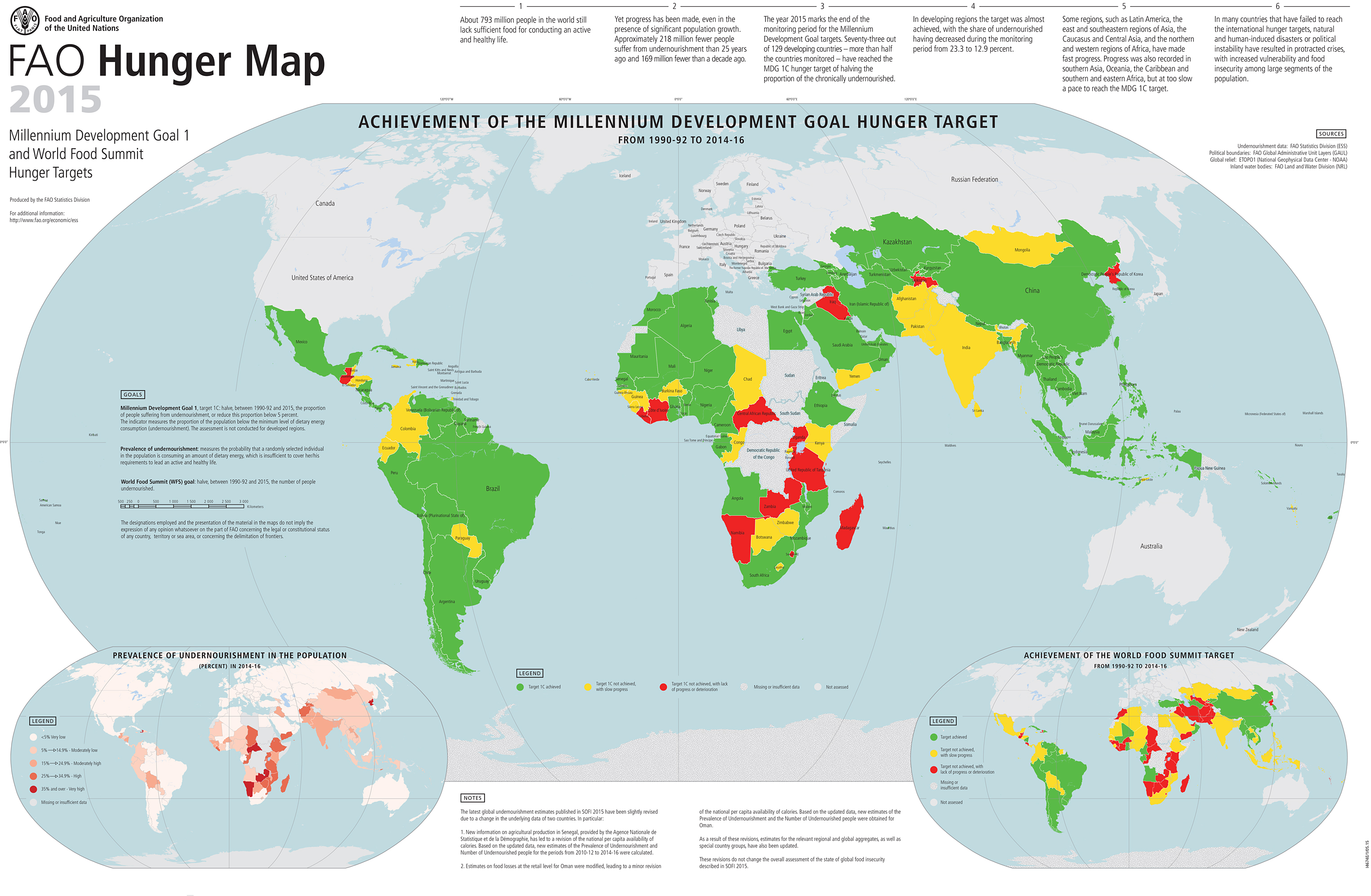How can we unlock Africa’s agricultural potential?

This article is published in collaboration with Quartz Africa.
With agriculture making up approximately 65% of Africa’s labour forceand 35% of the continent’s GDP, the sector’s capacity to help realise major continental development priorities is beyond doubt. Yet, as theIIED argues, the agricultural industry in many African countries has been unable to “meet its full potential as an employer, fair distributor of income, and national revenue earner”.
There are a host of factors contributing to current challenges and, as Dr. Agnes Kalibata, President of AGRA and former Rwandan Minister for Agriculture, correctly stated in a recent interview, “we need to find financial tools that help us all step up the game… prioritising agriculture is not just the moral thing to do. It’ s an economic imperative”.
Structured commodities exchanges represent one such financial tool and provide a compelling approach to tackling some of the challenges inherent in agriculture across the continent. Defined as “an organized marketplace where buyers and sellers come together to trade commodity-related contracts following rules set by the exchange”, commodities exchanges should be seen as key drivers of development – they can make economies more inclusive, and forge stronger links between agriculture and finance. As such, they deserve further exploration in our quest to ensure food security in Africa.
Crucially, commodities exchanges offer significant price-risk management solutions for both buyers and sellers. Many require farmers to store commodities in certified warehouses, ensuring the security and quality of crops. This feature presents fewer risks to financiers who can use warehouse receipts as collateral, thus facilitating increased bank lending for farmers. At the same time, structured markets also offer the opportunity to ‘hedge’ against volatile prices, meaning farmers can ‘lock in’ their sales price at the time of planting various crops. This feature is especially valuable to smallholder farmers, who represent approximately 80% of the continent’s producers, yet are particularly vulnerable to economic shocks.
Smallholder farmers that want to participate in markets generally face the highest transaction costs. These are driven up by factors including poor transportation, and a lack of access to information and expertise – primary reasons why so many struggle to escape from subsistence farming. Whilst the application of emerging ICT helps commodity exchanges integrate smallholder farmers into supply chains, exchanges also reduce transaction costs, as it’s easier to find buyers and sellers through a centralized marketplace. As a result, commodity exchanges can facilitate trade, and stimulate economic growth in developing countries, potentially boosting foreign direct investment.
The much-acclaimed Ethiopian Commodities Exchange (ECX), established in 2007, offers a tantalising vision of what can be achieved across Africa. The ECX has provided farmers with access to real-time pricing information, improved profits and productivity, reduced market segmentation and boosted export quality. Regarding this latter point,Addis Ababa continues to innovate with the recent launch of a national traceability system – via new electronic tagging technology, international buyers are able to track the entire footprint of Ethiopian coffee.
However, despite some notable successes, it’s important to recognise that exchanges are not a straightforward panacea. Their successful implementation requires an appropriate enabling framework, effective regulatory supervision, and governments’ commitment to respect market-pricing mechanisms. The difficulties experienced in Zambia, Zimbabwe, Nigeria, and Uganda illustrates the importance of investing in the required infrastructure. Even in Ethiopia, Eleni Gabre-Madhin, founder of the ECX, acknowledges that the state did not build sufficient warehouses. To amend shortcomings such as this in the government next five-year growth plan, current ECX Chief Executive, Ermias Eshetu, stated that they will “re-strategise from the bottom-up”.
To ensure benefits arising from exchange activities are equitable and inclusive, education – a particular focus of the Planet Earth Institute(PEI), an international charity dedicated to scientific development in Africa of which I am a trustee – will also be key. To that end, on 23rdNovember the PEI will host a fascinating meeting in partnership withINTL FCStone, a Fortune 500 financial services firm that is currently driving important capacity building initiatives across the continent, with commodity trading and risk management seminars scheduled in several African cities in 2016.
Publication does not imply endorsement of views by the World Economic Forum.
To keep up with the Agenda subscribe to our weekly newsletter.
Author: Paul Boateng is a writer at Quartz Africa.
Image: Farmers collect wheat in their field. REUTERS/Barry Malone.
Don't miss any update on this topic
Create a free account and access your personalized content collection with our latest publications and analyses.
License and Republishing
World Economic Forum articles may be republished in accordance with the Creative Commons Attribution-NonCommercial-NoDerivatives 4.0 International Public License, and in accordance with our Terms of Use.
The views expressed in this article are those of the author alone and not the World Economic Forum.
Stay up to date:
Infrastructure
Related topics:
Forum Stories newsletter
Bringing you weekly curated insights and analysis on the global issues that matter.
More on Economic GrowthSee all
Council on the Future of Growth and 2023-2024
December 20, 2024







